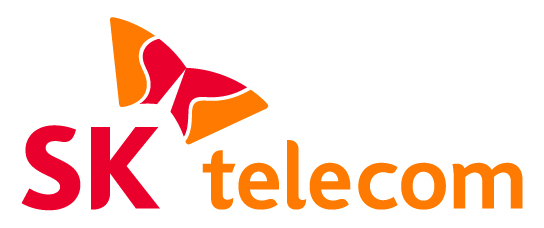SK Telecom said the innovation consists in upgrading the cryptography used to anonymize the user digital identity on the 5G network
SK Telecom (SKT), the largest mobile operator in Korea, and Thales have partnered to test advanced quantum-resistant cryptography, or Post-Quantum Cryptography (PQC).
Based on 5G Standalone (5G SA) network and 5G SIMs, the solution aims at encrypting and decrypting subscriber identity in a secure way to protect user privacy from future quantum threats, the partners said.
The companies said that this achievement is crucial as it protects subscribers against potential “record now, decrypt later” attacks.
The innovation consists in upgrading the cryptography used to anonymize the user digital identity on the 5G network, the two companies said. User identities on a 5G network are concealed and secured on the device side, via the 5G SIM card. The security mechanisms involve cryptographic algorithms designed to resist attacks from future quantum computers, the partners added.
“This collaboration between SKT and Thales highlights our commitment to staying ahead of the curve in terms of cybersecurity and ensuring the safety of our customers’ data. PQC provides enhanced security through the use of cryptographic algorithms that are thought to be secure against quantum computer attacks. Going forward, we will combine PQC SIM with our additional Quantum expertise to achieve end-to-end quantum-safe communications,” said Yu Takki, vice president and head of infra technology office oat SK Telecom.
“As quantum computers have the potential to break certain existing cryptographic algorithms, there is an emerging need to transition to cryptographic algorithms believed to be secure against quantum attacks. For 5G networks, Thales started to invest on cryptographic algorithms that are quantum-resistant to enhance continued communications security and privacy for users,” said Eva Rudin, SVP mobile connectivity and solutions at Thales.
In September, SK Telecom had announced its ambition to become a global artificial intelligence company by strengthening its own AI competitiveness and cooperating with partners globally.
The carrier’s CEO Ryu Young-sang unveiled the telco’s new ‘AI Pyramid Strategy’ centered around three key areas including AI infrastructure, AI transformation (AIX) and AI service.
Under this new strategy, Ryu said that the carrier expects the proportion of AI-related investment to approximately triple from 12% over the past five years to 33% over the next five years.
The company noted that AI Infrastructure is an area where SK Telecom’s technological capabilities are concentrated. The area consists of AI data centers, AI semiconductors and multiple LLMs.
Going forward, the Korean operator also plans to leverage its AI service-related experience and knowhow accumulated in the Korean market to develop a personal AI assistant service that can attract global customers. The company expects that its partnerships with diverse global players — including the Global Telco AI Alliance — will help accelerate its progress in the AI field.

